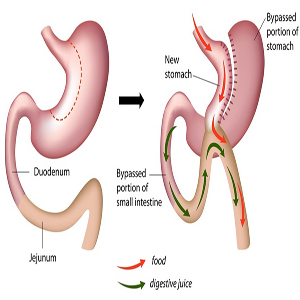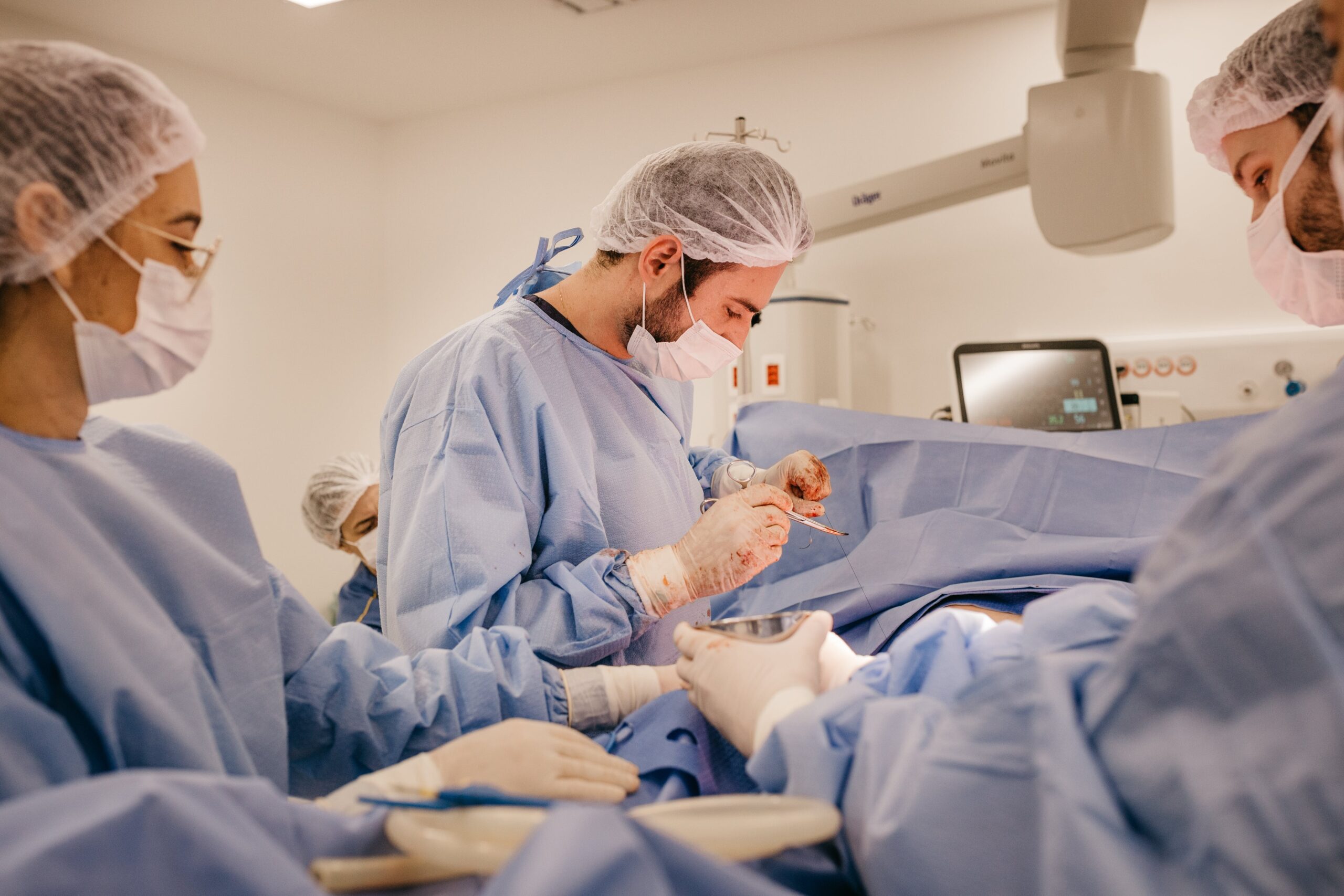 Bariatric surgery has an incredible success rate—about 80 percent of the 200,000 Americans who have weight loss surgery each year see the results they expected, according to researchers at the University of Miami School of Medicine. That's a lot of people whose lives have been changed for the better.
Bariatric surgery has an incredible success rate—about 80 percent of the 200,000 Americans who have weight loss surgery each year see the results they expected, according to researchers at the University of Miami School of Medicine. That's a lot of people whose lives have been changed for the better.
But what about the few who aren't so lucky?
Sometimes, weight-loss surgery doesn't work the first time. Sometimes the patient's body doesn't respond well to the procedure, sometimes the patient isn't ready to commit to a healthier lifestyle. Sometimes people need bariatric revision surgery.
Bariatric revision surgery corrects complications from an original procedure—and makes it easier for you join the 80 percent of Americans for whom weight loss surgery works.
Here's what you need to know about bariatric revision surgery:
It's not necessarily your fault the first surgery didn't work
Sometimes bariatric surgery just doesn't work. Maybe your body didn't respond to the treatment, maybe you had other medical issues that got in the way of your goals. The bottom line is that sometimes the surgery just doesn't work so another procedure is necessary.
You have several options
Obviously if the first procedure didn't produce the desired results, there is no need to try the same thing again. Luckily your surgeon can offer alternatives treatments, including which could include a lap band to gastric sleeve (revision), lap band to bypass revision or sap band over bypass revision.
The bottom line is that you and your doctors have options.
It's all about you—and your success
No two bariatric revision surgeries are the same. Every person's body is different and reacts differently to weight loss surgery. That's why it's important to connect with a surgeon who is skilled in revision procedures—and to take care of yourself first.
Together, you and your surgeon will take a close look at why the first procedure didn't work well and figure out a strategy for making the second one a success.
It's important to stay positive and forward-looking. Remember, you're only one step away from joining the 80 percent of healthy, happy patients.





